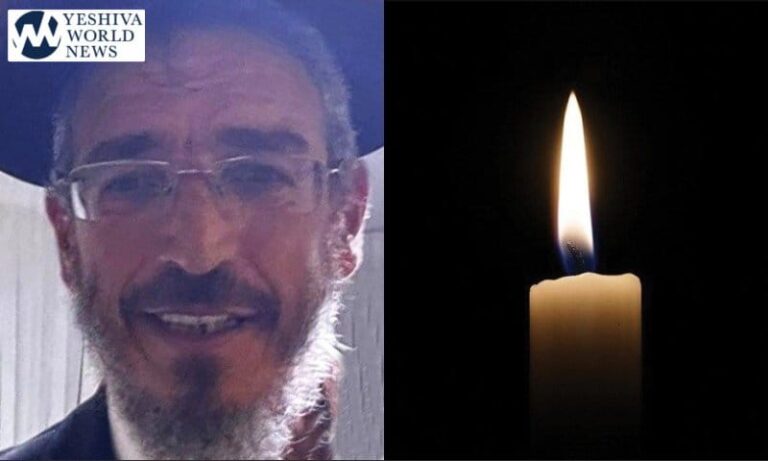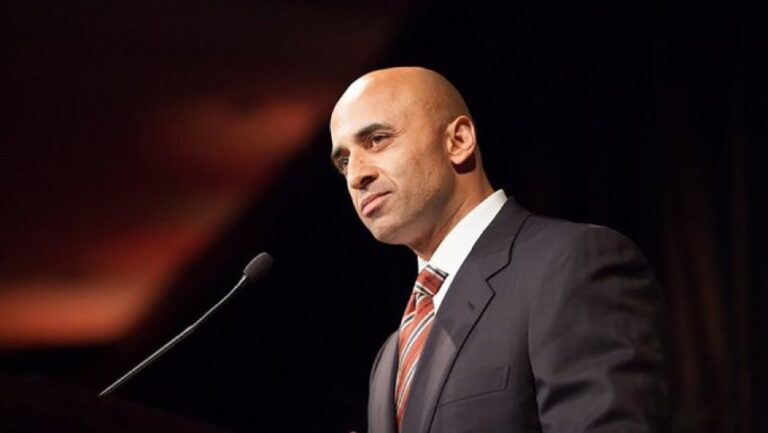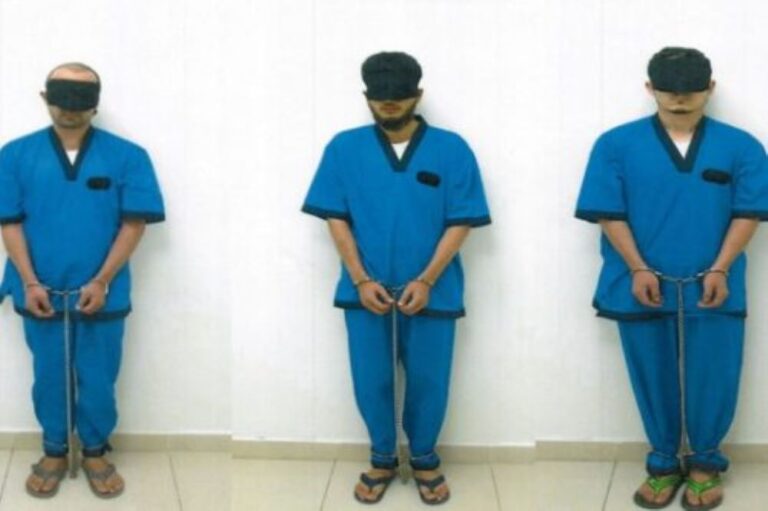This week’s Haftorah is from Amos. The reason it was chosen to be the Haftorah of Parshas Vayeshev is simple: the Navi transmits Hashem’s declaration that he will not forgive the sin of selling a Tzadik for a pair of shoes. This is understood by the Meforshim as a reference to the sale of Yosef by his brothers, hence as a clear reference to an episode in our Parsha. How do we understand this Nevua? It was wrong for Yosef’s brothers to have sold him. Was it so serious of an offense that Hashem should still be unwilling to pardon it?
The story of Mechiras Yosef was tragic, but in the end everything worked out well. It seems ironic that a story we view as in the end being resolved for the good should be davka the one thing Hashem harbors against us. On Yom-Kipur and Tisha B’Av we say Kinos for the Ten Martyrs who, according to Midrash, were supposed to atone for the brothers’ sale of Yosef. What was so grave with the sale of Yosef that this incident is still considered to be one of the biggest stains in our history?
Perhaps we are looking at it from the wrong angle. Mechiras Yosef was a horrible act, yet since in the end it was resolved for the good, it was perhaps not so serious in the larger historical context. In general we tend to allow history to define, and even dictate, right from wrong. And Mechiras Yosef historically turned out decently.
The Haftorah tells us unequivocally that Hashem is hasn’t forgotten even though it ended up ok. The navi is essentially telling us that the end will never justify the means – even if wrong deeds end up for the good.
A very warm Good Shabbos, Rabbi Y. Dov Krakowski










